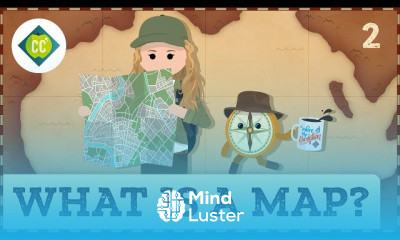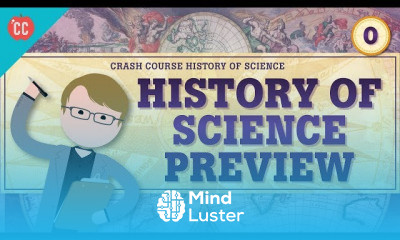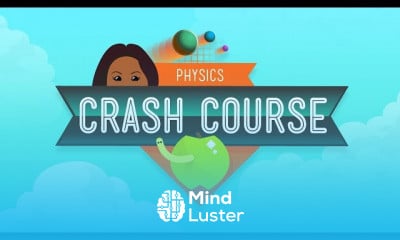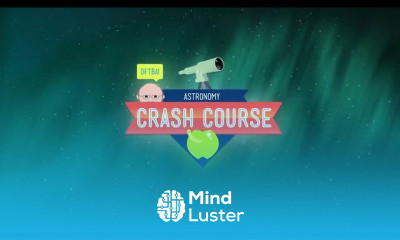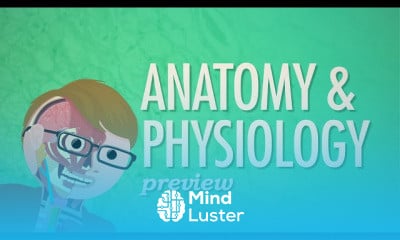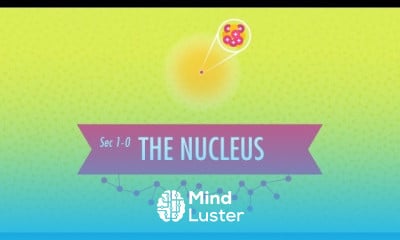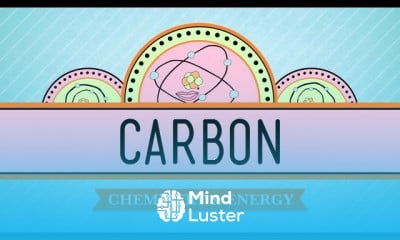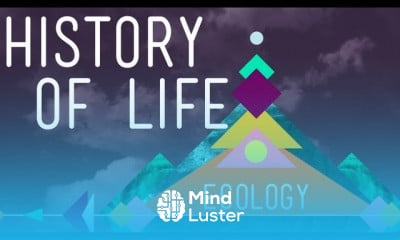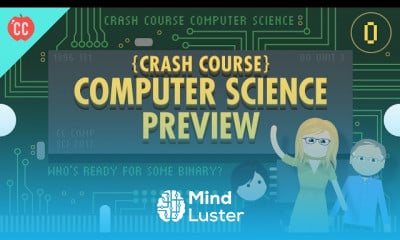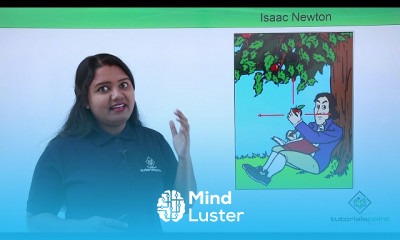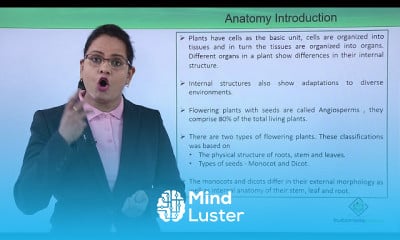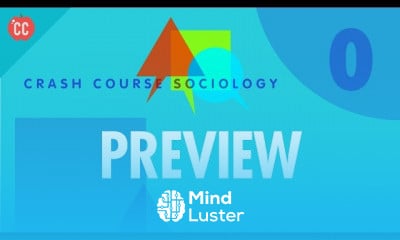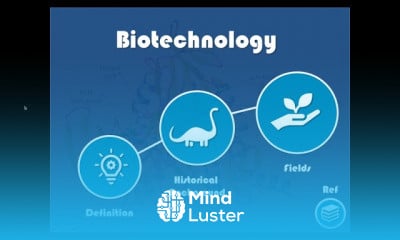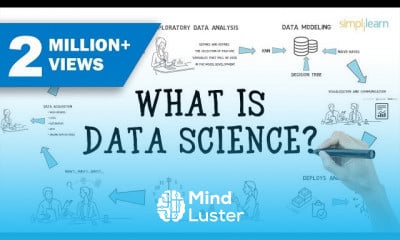Electricity Crash Course History of Science 27
Share your inquiries now with community members
Click Here
Sign up Now
Lessons List | 47
Lesson
Show More
Lessons
Comments
Related Courses in Science
Course Description
Who first discovered science?
Aristotle is considered by many to be the first scientist, although the term postdates him by more than two millennia. In Greece in the fourth century BC, he pioneered the techniques of logic, observation, inquiry and demonstration. How did science start?
Science (from the Latin word scientia, meaning "knowledge") is a systematic enterprise that builds and organizes knowledge in the form of testable explanations and predictions about the universe. The earliest roots of science can be traced to Ancient Egypt and Mesopotamia in around 3500 to 3000 BCE. Who wrote history of science?
Author of Michael Faraday. History of science, the development of science over time What kind of science is history?
History is one of the social sciences. It is also considered to be one of the humanities. Some other social sciences are: anthropology, psychology and. Who is the first woman scientist in the world?
When it comes to the topic of women in science, Marie Curie usually dominates the conversation. After all, she discovered two elements, was the first women to win a Nobel Prize, in 1903, and was the first person to win a second Nobel, in 1911. But Curie was not the first female scientist. Who named science?
' Prior to that, scientists were called 'natural philosophers'.” Whewell coined the term in 1833, said my friend Debbie Lee. She's a researcher and professor of English at WSU who wrote a book on the history of science Who was the most famous scientist?
The following list commemorates 10 of the greatest scientists we've ever seen who changed the world.
Nikola Tesla (1856-1943 AD)
Albert Einstein (1879-1955 AD) ...
Sir Isaac Newton (1643-1727 AD) ...
Louis Pasteur (1822-1895 AD) ...
Marie Curie Sklodowska (1867-1934 AD) ...
Thomas Alva Edison (1847-1931 AD) . Who is the king of science?
“Physics is the king of all sciences as it helps us understand the way nature works. It is at the centre of science,“ he said. As he spoke about the transformation of particle physics over the last 50 years, he said his love of the subject has only grown with each passing year.
Trends
French
Graphic design tools for beginners
Artificial intelligence essentials
Essential english phrasal verbs
Data Analytics Visualization Techniques
Build a profitable trading
Formation efficace à l écoute de l
MS Excel
Printing student ID cards with excel tools
Electrical engineering for engineer
Computer science careers
YouTube channel setup
Python programming language
Build a tic tac Toe app in Xcode
Excel skills for math and science
Learning English Speaking
Figma for UX UI design
Python programming fundamentals A Z
Marketing basics for beginners
Magento Formation Français
Recent
Growing ginger at home
Gardening basics
Ancient watering techniques
Grow mushrooms
Growing onions
Veggie growing
Bean growing at home
Growing radishes
Tomato growing at home
Shallot growing
Growing kale in plastic bottles
Recycling plastic barrel
Recycling plastic bottles
Grow portulaca grandiflora flower
Growing vegetables
Growing lemon tree
Eggplant eggplants at home
zucchini farming
watermelon farming in pallets
pineapple farming




